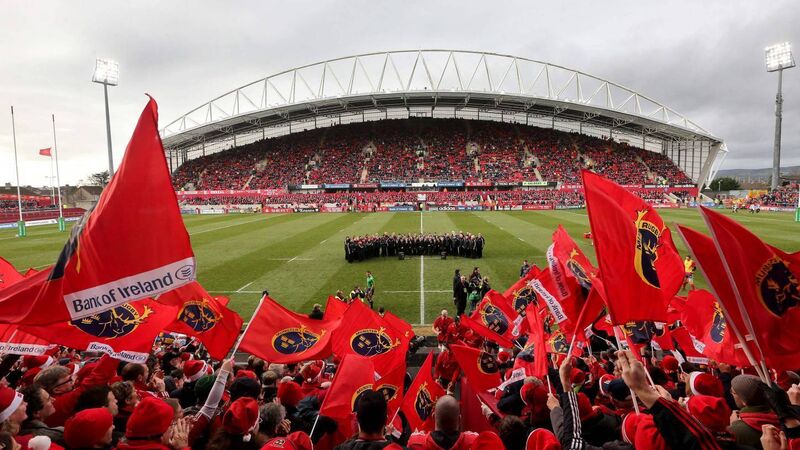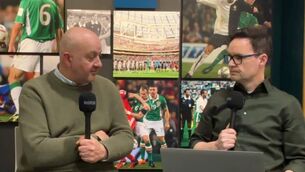Munster must shed its matchday revenue reliance - Ian Flanagan


Ian Flanagan does not believe Munster Rugby will be at any more of a disadvantage in the post-pandemic landscape than its rivals but it is clear to the chief executive that significant changes in the way its business is conducted will have to be made.















